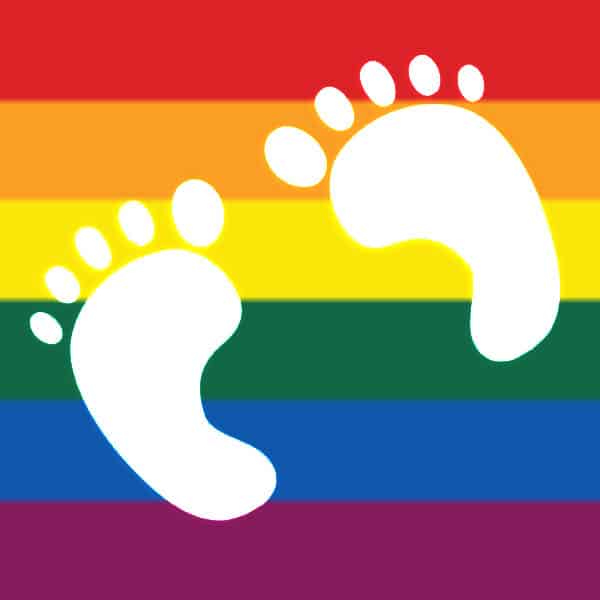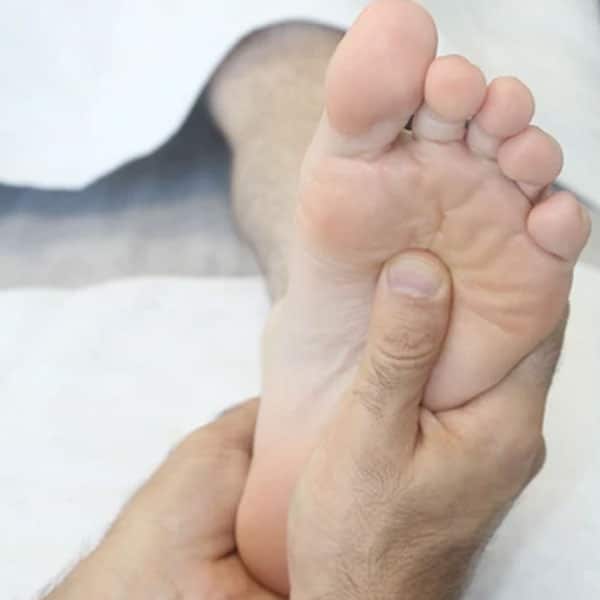What is cancer exactly?
Cancer is a collection of many diseases with a common denominator, which is the uncontrolled growth and division of cells, forming an undifferentiated and disproportionate mass of cells and culminating in the formation of tumours.
The type of cancer is named according to the origin of the dividing cell. For example:
If the origin of the dividing cell is the colon, it is called colon cancer.
If the origin of the dividing cell is from the skin, it is called skin cancer, and so forth.
It is important to remember that not all growths are necessarily cancerous!
Growths are divided into two types: benign and malignant.
Benign growth (non-cancerous) – the growths remain localised and do not invade neighbouring tissues or metastasise.
Malignant growth (cancerous) – the growths infiltrate nearby tissues and spread through the lymph or blood vessels to distant sites, forming secondary tumours.
What causes cancer?
Numerous factors contribute to cancer development, including lifestyle choices like tobacco use, alcohol consumption and unhealthy diet. Also, environmental factors like unprotected exposure to the sun, genetic predisposition, exposure to radiation and even emotional states.
While some cancers progress silently until reaching an advanced stage, others manifest symptoms such as (but not limited to): infections, severe pain, digestive disturbances, anaemia, fatigue, persistent fever, significant weight change, sudden enlargement of lymph nodes, loss of appetite and other changes in bodily functions.
Western medicine offers an array of treatments tailored to individual patients (treatments are based on factors such as: the type of cancer, age, and medical condition of the patient)
These treatments can be:
- Chemotherapy – administration of drugs into the bloodstream (mostly through infusion).
- Radiation therapy – exposure to X-rays in a specific area.
- Transplantations – such as bone marrow.
- Biological therapies – treatments developed recently that use substances (such as hormones) to destroy cancer cells. These treatments are personalised as much as possible.
This is a fairly new method, so it is suitable for relatively fewer people.
Despite their efficacy, these treatments often elicit side effects such as:
- Hair loss
- Weakness / fatigue
- HeadachesNausea / vomiting
- Mouth sores
- Loss of appetite
- Irritations
- Fertility problems
- Menstrual problems
- Neuropathy (problems in the nervous system, leg and arm pains)
In tandem with conventional treatments, complementary therapies like reflexology play a vital role in supporting cancer patients.
Administered only with medical approval, gentle, delicate, and non-aggressive reflexology treatments aim to harmonise with the body’s natural rhythms and provide gentle relief.
While reflexology does not cure cancer, it serves as a valuable adjunct to medical interventions by trying to alleviate symptoms and mitigating side effects of the medical treatments.
It can for example try and assist with:
- Reducing fever
- Lowering or raising blood pressure (as needed)
- Alleviating nausea and vomiting
- Reducing tensions and pressures
- Improving sleep
- Alleviating constipation
- Alleviating Neuropathy
Taking into account the individual condition of each patient and the varying pace of disease progression, reflexology treatments are tailored to suit the circumstances and to accommodate:
- Localised cancerous states that have not spread.
- Patients prior to commencing chemotherapy treatment.
- Patients undergoing chemotherapy treatment.
- Patients who are post-chemotherapy treatment.
- Patients in the process of recovery or fully recovered.
- Terminal patients
Each of these treatments has a different goal both physiologically and emotionally.
Cancer presents a complex of emotional challenges, from shock and denial to acceptance and adaptation.
As a reflexologist, I am committed to providing holistic support, addressing both the physical and emotional aspects of the cancer experience.
Through personalised reflexology treatments, I aim to contribute to the overall well-being and resilience of cancer patients, empowering them on their difficult journey.



